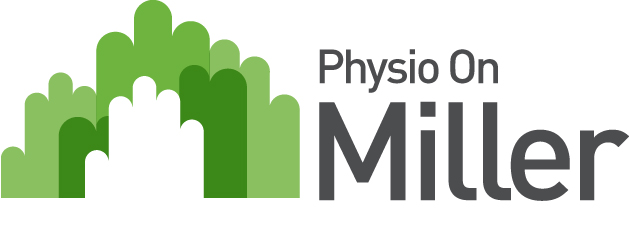Shoulder Pain: How Physiotherapy Can Help with Rotator Cuff Injuries
Whether you’re a weekend warrior, desk professional, or avid gym-goer, shoulder pain can be a major setback — especially when it stems from a rotator cuff injury. At Physio On Miller, we regularly work with clients who take ownership of their recovery, and one of the most common concerns we see is rotator cuff-related shoulder pain.
But what exactly is a rotator cuff injury, and how can physiotherapy make a measurable difference in your recovery? Let’s take a closer look.
Understanding the Rotator Cuff
The rotator cuff is a group of four small but powerful muscles and their tendons that surround the shoulder joint. They play a key role in stabilising your shoulder and allowing you to lift and rotate your arm.
Injuries can occur gradually from overuse — such as repeated overhead movements — or suddenly due to trauma or lifting something too heavy. Common types of rotator cuff injuries include:
- Tendonopathy (inflammation of the tendons)
- Tears (partial or full thickness)
- Impingement (tendon gets pinched during shoulder movement)
Symptoms typically include shoulder pain (especially with lifting or reaching overhead), weakness, and limited range of motion.
How Physiotherapy Helps with shoulder pain
When it comes to healing and restoring shoulder function, physiotherapy offers a non-invasive, highly effective solution. Our approach combines hands-on treatment with individualised exercise programs to guide you through every phase of recovery.
1. Manual Therapy
Manual therapy can significantly reduce pain and improve joint mobility. This may include:
- Soft tissue release to reduce muscle tension and improve circulation
- Joint mobilizations to restore normal shoulder mechanics
- Trigger point therapy including dry needling, to address referred pain patterns
These techniques are not just about temporary relief — they help create the right environment for healing and long-term function.
2. Tailored Exercise Programs
Once pain is managed, we focus on rebuilding strength, coordination, and endurance. This is where your proactive involvement is essential. Exercise programs are custom-designed based on your injury, goals, and lifestyle, and may include:
- Range of motion exercises to restore flexibility
- Strengthening exercises targeting the rotator cuff and scapular stabilisers
- Neuromuscular control work to improve shoulder mechanics and prevent reinjury
Progress is carefully monitored and adjusted based on your response — keeping you engaged and empowered every step of the way.
Why Early Intervention Matters
The sooner you address a rotator cuff injury, the better your outcomes. Ignoring pain or pushing through can lead to more complex issues and longer recovery times. With physiotherapy, early and consistent care can:
- Reduce pain and inflammation
- Prevent further damage
- Restore functional movement
- Minimise downtime and avoid surgery in many cases
Take the First Step Toward Recovery
If shoulder pain is limiting your activities or affecting your performance, it’s time to take action. Our physiotherapists are here to guide you through a personalised treatment plan focused on long-term results — not just symptom relief.
Book an appointment today and get back to doing what you love, pain-free and stronger than ever.

